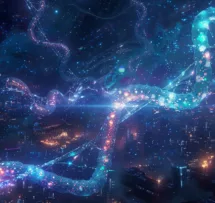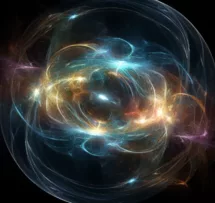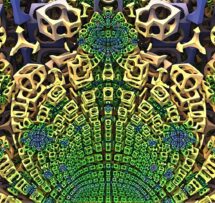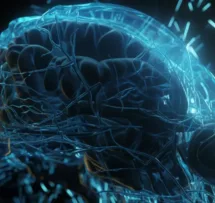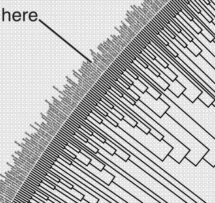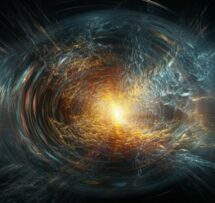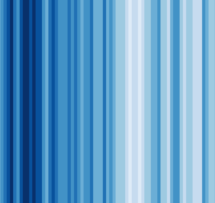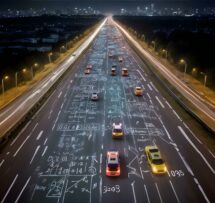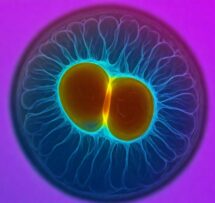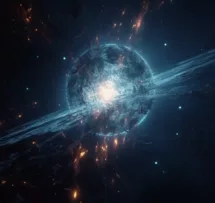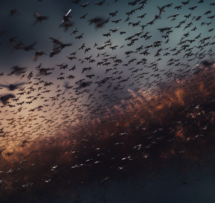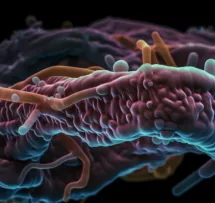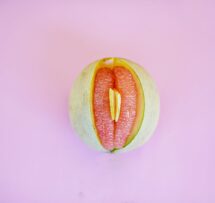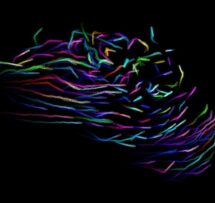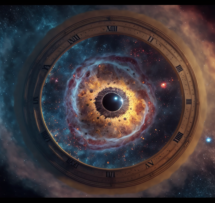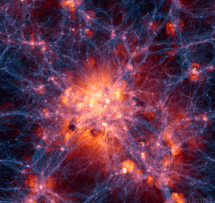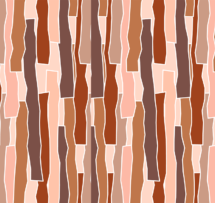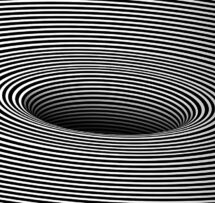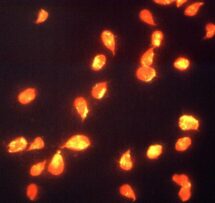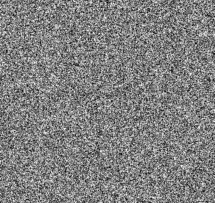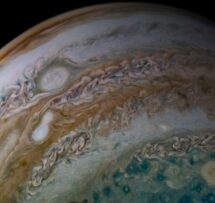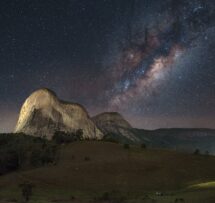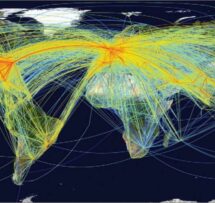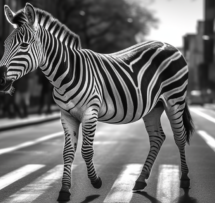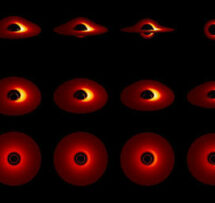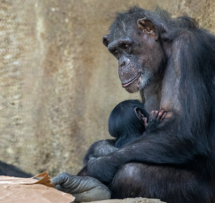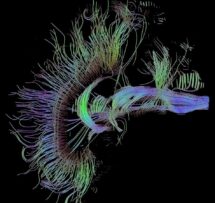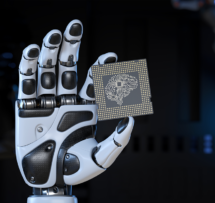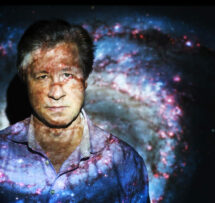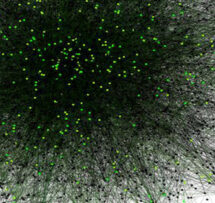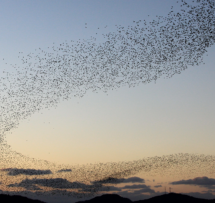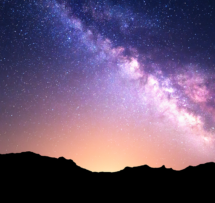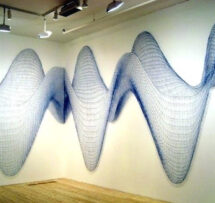How to Create a Universe

What do we mean with the 'Big Bang'? Why are the properties of our universe so special? What is cosmological inflation? How can we test cosmological inflation and what do the latest observations tell us? Can we probe string theory using cosmology?
How did our universe come into existence? This basic and ancient question still remains one of the biggest mysteries in science. Ever since Einstein discovered that gravity can be understood as the stretching and bending of space and time, cosmology, which studies the properties, evolution and origin of the universe as a hole, became a proper and honest scientific subject, in which theoretical constructs can be confronted with (cosmological) observations.
What we have learned since then, in less than a century, about the origin and properties of our universe, is spectacular and at the same time mysterious. Our universe appears to be very special. In an attempt to explain these remarkable features a small group of theoretical cosmologists developed the paradigm of cosmological inflation in the eighties. What is cosmological inflation? An what do the latest observations tell us about this fascinating proposal in which all structures in our universe find their origin in small primordial quantum fluctuations? And what are the implications of cosmological inflation for conjectured theories of quantum gravity, such as string theory?
String theorist Jan Pieter van der Schaar argues that cosmology in general, and the cosmological paradigm of inflation in particular, is our best (and perhaps only) bet to probe and test the microscopic quantum description of space and time.
This event is an initiative by the Dutch Institute for Emergent Phenomena (DIEP) with the support of the University of Amsterdam. Science & Cocktails Amsterdam is presented in cooperation with Paradiso Amsterdam.
Talk by
Jan Pieter van der Schaar
Jan Pieter van der Schaar is a string theorist by training, with a Ph.D. at the University of Groningen in 2000. After postdoctoral research stints at the University of Michigan, the Cern theory group, and Columbia University, he developed into a theoretical cosmologist with a particular interest to connect cosmological models to string theory and vice versa. Jan Pieter has been a member of the string theory and cosmology group at the Institute of Physics of the University of Amsterdam since 2006. Since 2013 he is the coordinator of the Delta Institute for Theoretical Physics and as of 2022 he is heading the `Building Blocks of Matter and Foundations of Space-time' route as part of the Nationale Wetenschapsagenda.

Music by
Zo Lief
Zo Lief is a psychedelic dream pop duo made up of Dutch vocalist and songwriter Laura Chen, and British multi-instrumentalist James Attwood, who divide their timebetween The Netherlands and the UK. The duo pair cinematic chamber pop melodies with lively garage rock guitars, dubby basslines and 70s funk synthesisers to create a retro leaning yet forward thinking sound. As musical and romantic partners, their unique collaboration is a gateway to a world in which they explore the charm, confusion and uncertainty of life and love as young adults.



